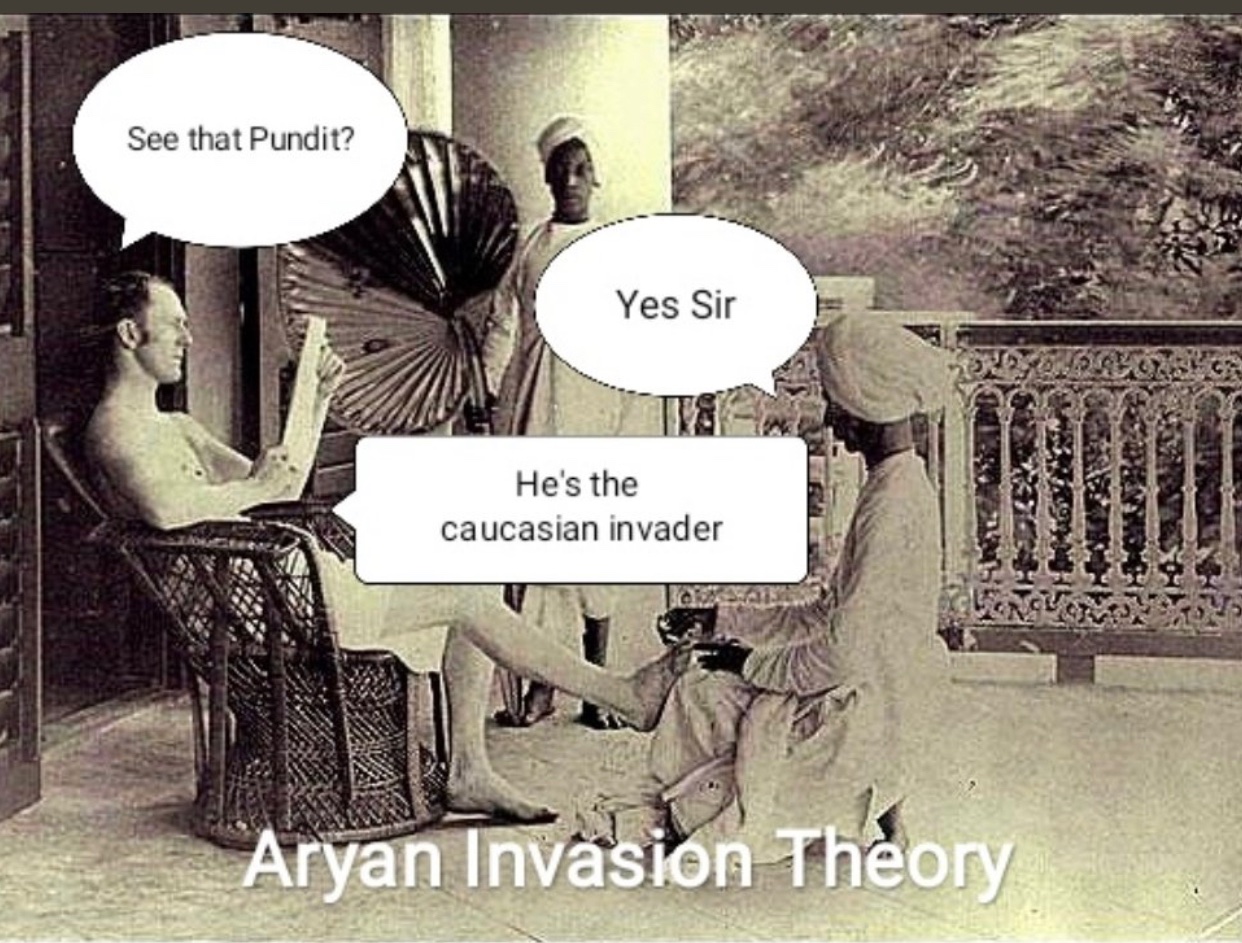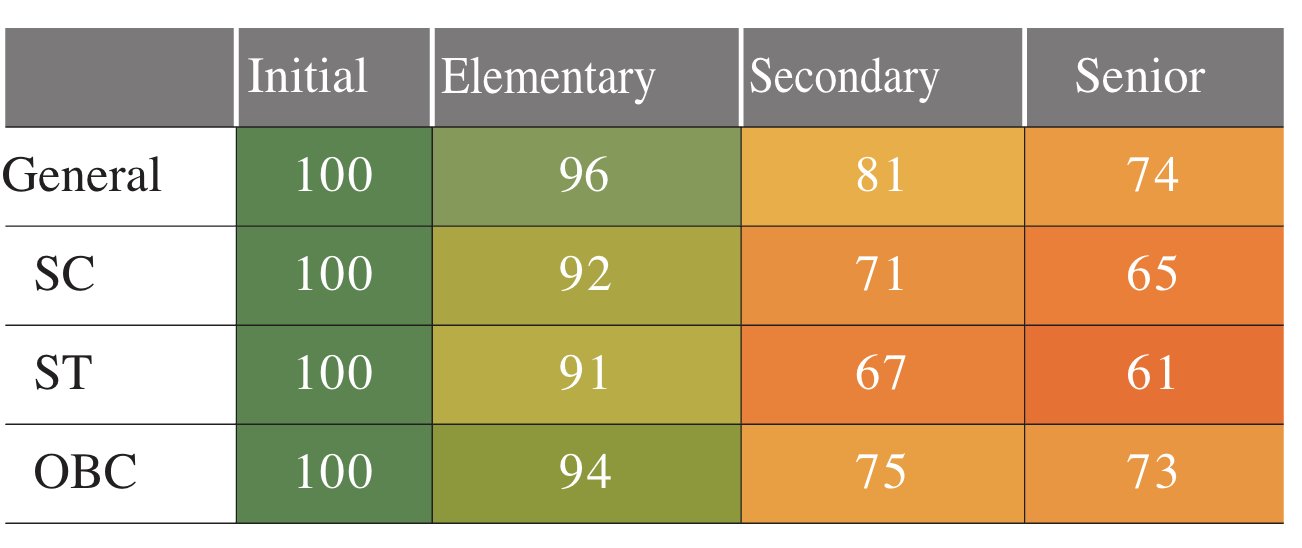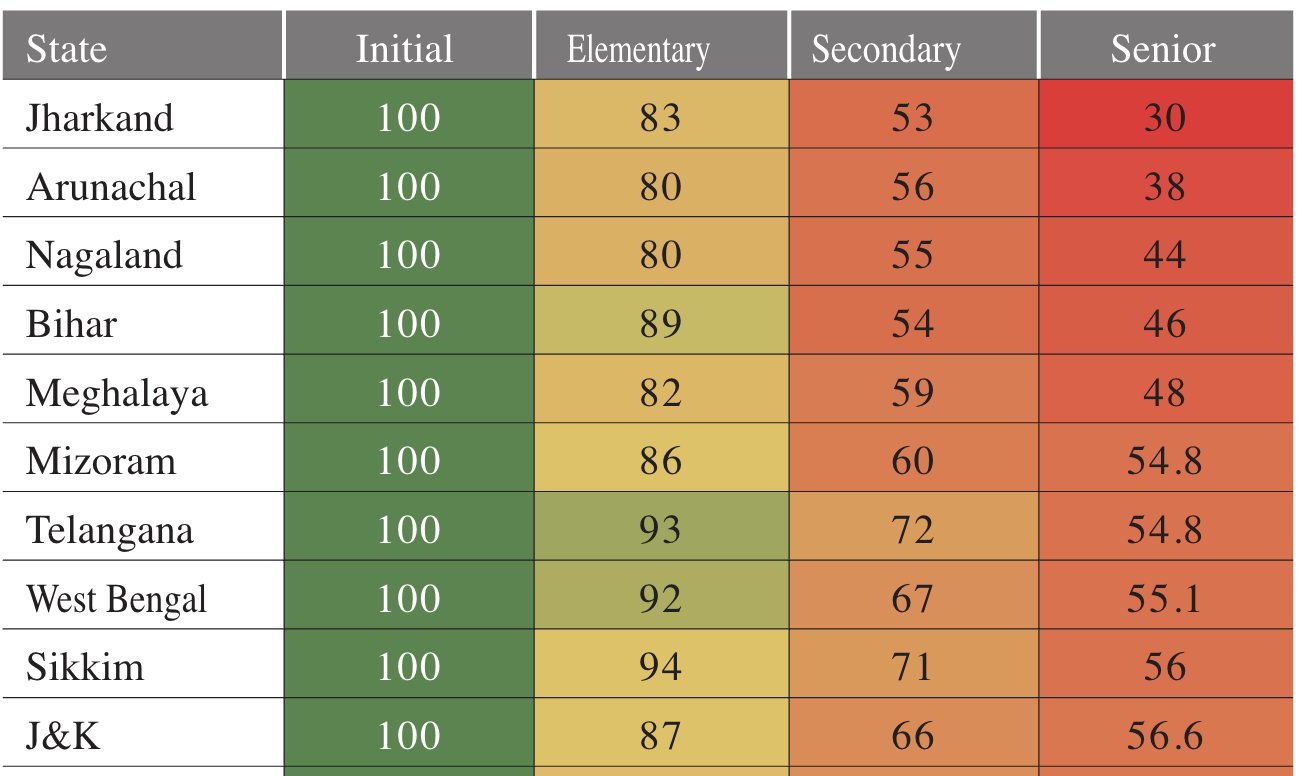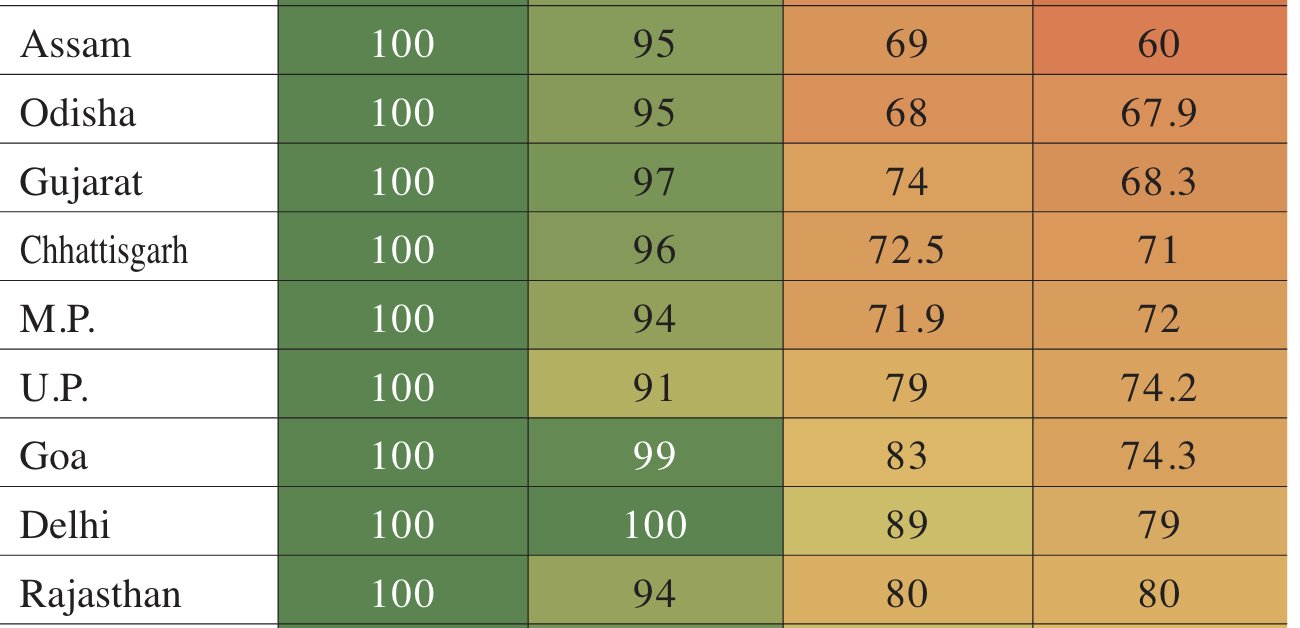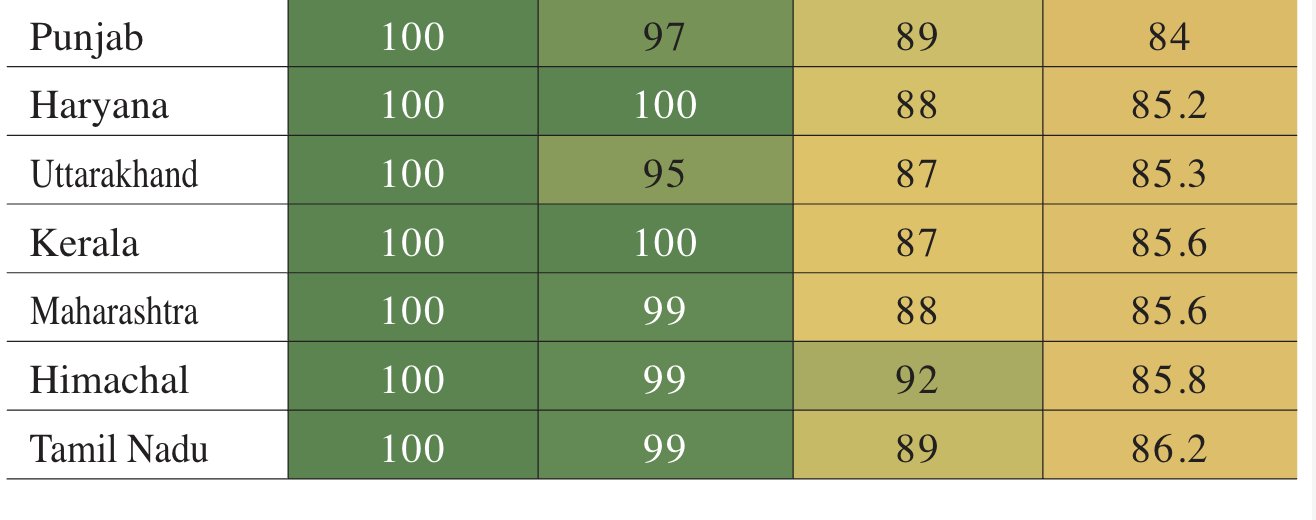OMG. That's the situation in our national capital. Amazing!isubodh wrote:Just to give a perspective from Delhi Govt Schools where my close relative is a teacher, the teachers come to exam hall read out answers of objective and true/false questions to get students to clear exam and get higher pass percentage.vinamr_s wrote:Mr. Rahul Mehta, an old member of this forum, has proposed an interesting test-cum-reward method of improving public education in India. Here is a description of it: https://www.rahulmehta.com/edu02.htm
I think it is a very good alternative to the battery of school inspectors our current District Education Office & Education ministries have installed to ensure that teachers are teaching, schools are functioning efficiently etc.
--snip--
What do you guys think about it?
You might have to totally randomize the questions for each student to make it next to impossible to feed in answers to all students.
In the current system, the teachers make the question papers for their school's exams (except for board exams, where their's a separate committee I guess). They know which questions are going to come beforehand and can prepare a key to read it out for the crowd.
I guess the following features of his system will make such cheating almost impossible:
1. The server randomly selects questions from the database (of lakhs of questions) and displays it on the terminals just when the exam starts.
2. All students will get the same questions BUT in a completely randomized ORDER.
3. They will only be able to go one question behind to change their response.
Additionally, we can set a limit on the time one gets to respond to a question, say 2-5 minutes (depending on difficulty).
So, at a given moment, *almost* everyone will have different questions and in those few minutes, the teachers will have to solve all questions in those 5 minutes. Say, the exam had 30-40 questions, the teachers will have to be extremely talented to be able to solve a question in 5 seconds. It'll be easier for them to teach the material to their students.

